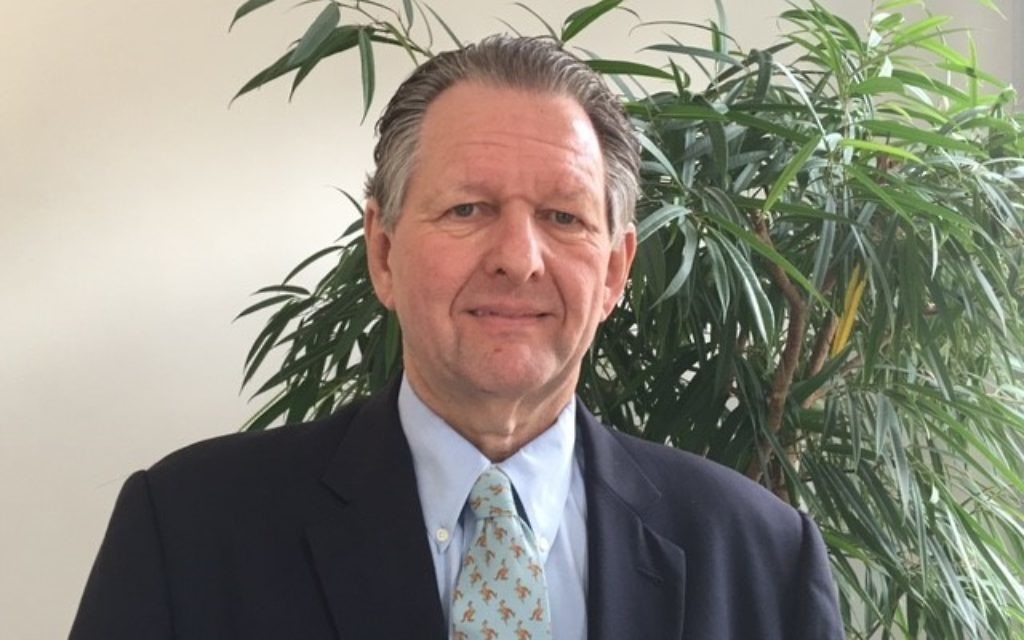Making a Late Case Against Nazis

The last Nazi crimes during the Holocaust were committed more than 71 years ago, but a final wave of prosecutions of some of the lower-level culprits is continuing in Germany.
The men are in their 90s, and no one expects them ever to serve a day in prison. But German lawyer Christoph Rueckel (above) said it is crucial to get those old Nazis’ convictions on the record — not to punish them, but to establish that all participants in war crimes are legally culpable.
Rueckel, who has represented several Atlanta survivors of the Holocaust the past two years during the successful prosecutions of Oskar Groening and Reinhold Hanning, two SS soldiers who served at Auschwitz, will speak about the late-in-life prosecutions at 2 p.m. Sunday, Dec. 11, at Ahavath Achim Synagogue.
Get The AJT Newsletter by email and never miss our top stories Free Sign Up
“He’s really passionate about people knowing what’s going on in Germany,” said Karen Edlin, the head of Eternal-Life Hemshech, which is organizing the event with Rueckel.
Rueckel said that until former Ohio autoworker John Demjanjuk was convicted in Munich in 2011 as an accessory to murder for his war service as a camp guard, German judges and prosecutors thought that they couldn’t pursue cases against Nazis criminals who didn’t command troops or commit specific acts of violence.
Such cases are not like the Nuremberg war crimes tribunal; the convictions are for individual cases of murder under standard German law.
Demjanjuk changed German jurisprudence — almost. Because he died before the German Supreme Court ruled on his appeal, there was no final decision in the case.
That’s the crucial next step with Groening and Hanning, whose roles and actions in World War II were never secrets: Supreme Court confirmation that their convictions do fit German law.
Rueckel said prosecutors know of eight to 12 other ex-Nazis who were at a similar level to Hanning, who was a guard, and Groening, who was an accountant processing property confiscated from the camp prisoners. At least six of them appear to be healthy enough to stand trial, Rueckel said.
The next focus of prosecutors could involve the Stutthof camp near Gdansk, Poland. Those cases, Rueckel said, will attempt to gain convictions for attempted murder — bringing justice for survivors whose families endured — and not just for accessory to murder.
The cases and the positive reactions Rueckel has seen in Germany from teachers and high school students are reflective of an openness to look at the country’s Nazi past honestly, he said. “To me, it was pleasing to see judges and prosecutors from a younger generation who are more committed.”
Who: Christoph Rueckel
Where: Ahavath Achim Synagogue, 600 Peachtree Battle Ave., Buckhead
When: 2 p.m. Sunday, Dec. 11
Admission: Free; please RSVP to hemshech@eternallifehemshech.org by Dec. 10




comments